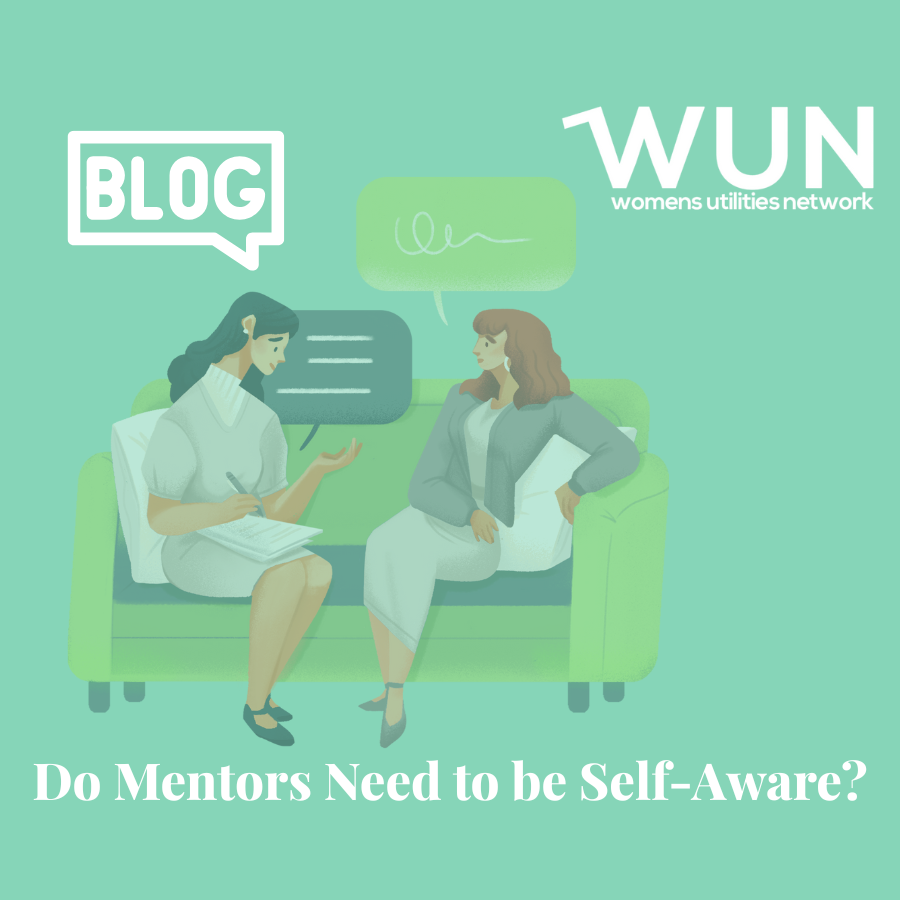Do Mentors Need to be Self-Aware?

Self-awareness is the ability to understand your thoughts, feelings, and behaviour; and recognise the impact they have on yourself and others. This leads to you being more in tune with your emotions, strengths and areas for development. So it seems fairly obvious that by a mentee developing their self-awareness, they will be able to identify their goals and a route to achieving those goals; resulting in them being more focused, determined and efficient in working with the mentor. But we wanted to explore whether there are any benefits to a mentor being self-aware.
Additional benefits to being self-aware include making better decisions and being able to navigate complex situations; being more creative, building stronger relationships, inspiring loyalty and commitment from others. Self-awareness also encourages us to consider if we are living the life that we really want, thus ensuring we are a more authentic version of ourselves, encouraging better self-care, and ultimately a more fulfilling life.
For mentors specifically, self-awareness enables them to understand their values, biases, communication style and what drives them. This allows the mentor to tailor their approach to an individual mentee’s needs. A self-aware mentor is able to provide constructive and empathic feedback, which will land well with the mentee, encouraging the mentee to feel more focused and motivated to achieve their goals. The mentor is also better able to manage their own emotions, ensuring that their emotions do not stand in the way of the advice, guidance and support they provide to the mentee. This provides an open environment, where the mentee feels truly heard and supported on their journey toward their goals.
This all clearly sets the case for mentors to ensure they are self-aware. However, a study by Tasha Eurich et al, discovered that although 95% of people think they are self-aware, only 10% to 15% actually are and there is less than a 30% correlation between people’s actual and self-perceived competence. These are incredibly worrying statistics and demonstrate the need for us all, mentors and mentees to develop our self-awareness. Here are proven ways to cultivate self-awareness:
- Dedicate time each day to think about and write down, what has happened during the day, how it made you feel and how it has influenced your actions. By writing it down, you are able to identify recurring actions, thoughts, feelings and behaviours, helping you to develop a greater understanding of yourself. It is helpful to question your assumptions about yourself and others, as this can provide a more accurate understanding of your motivations and biases.
- Meditation, deep breathing, and mindfulness, ie. focusing on the present can help you stay in the moment, allowing you to identify your thoughts and feelings.
- Asking others for feedback on your actions, behaviours and communication style can provide an insight on how you come across and others’ perceptions of you. It can be difficult to not become defensive when others highlight areas for improvement – but look at this as a positive conversation to help you develop.
- Consider your knee-jerk reactions to situations – why did something upset you or make you cross; and are there certain triggers or people which cause this reaction. From this, consider how you can manage these situations, your feelings and your responses going forward
- Reflect on what truly matters to you, ie. your values. Consider your reasons behind those values and how your actions align with those values. Where your actions do not align with those values, consider what you can change to ensure you are being authentic to yourself.
- Acknowledge your weaknesses and mistakes; and consider how you can learn from your mistakes. Push yourself to try new things to broaden your perspective and ensure you continually develop.
By consistently engaging in these activities, you can gradually develop a deeper understanding of yourself, your thoughts, feelings, and actions, ultimately leading to greater self-awareness and personal growth, resulting a stronger ability to mentor others.